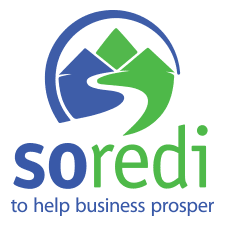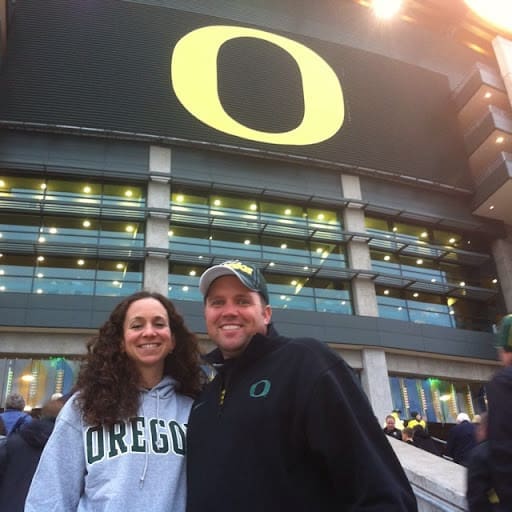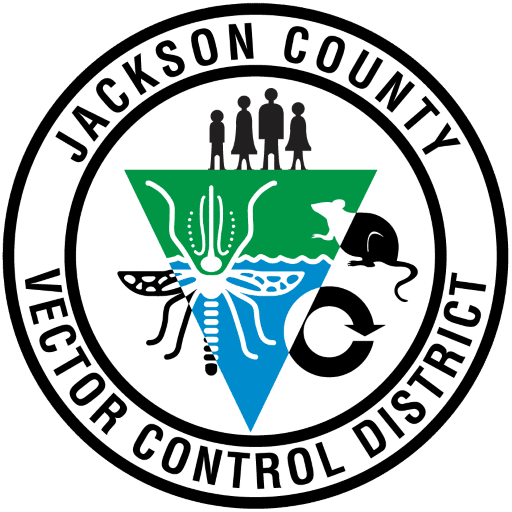Today, doing business without a solid digital presence is almost impossible. Having a robust website your current and potential customers can find easily and navigate to make purchases is essential in modern business. It’s easy to overlook many of the small details that go into search engine optimization, starting with the setup of individual web pages. Elements like the site address (URL), page name, meta description, and use of H2 titles with proper page organization significantly contribute to a webpage’s search engine ranking. Here are some easy SEO tips for 2024 that will improve the effectiveness of your website.
 Easy SEO Tips for 2024 to Optimize Your Web Page Structure
Easy SEO Tips for 2024 to Optimize Your Web Page Structure
Site Address (URL)
One very overlooked detail that can make a significant difference in achieving SEO is the naming of each page within a website. As of 2024, there are about 1.09 billion websites within the World Wide Web, and each can have a dozen or a thousand web pages. The URL is the site address that indexes a specific page amongst all those pages. Amazingly, elements within the URL itself can help Google understand what the page is and how it may be relevant to a viewer’s search. Here are some elements of a well-crafted URL:
- Relevance and Keywords: Including relevant keywords in the URL helps search engines understand the page’s content. For instance, a URL like `www.paraduxmedia.com/seo-tips-2024` is more descriptive and beneficial for SEO than `www.paraduxmedia.com/a-word-from-our-editor-January-2024
- Readability: Users and search engines prefer URLs that are easy to read and understand. A clean, descriptive URL can improve click-through rates (CTR) as users can predict what to expect on the page. For example, www.paraduxmedia.com/seo-tips-2024 is easier to read than www.paraduxmedia.com/seotips2024.
- Hierarchy: URLs should reflect the site’s structure, indicating the page’s position within the site hierarchy. For example, `www.example.com/blog/seo-tips-2024` suggests that the page is part of the blog section.
Page Name (Title Tag)
The title of your web page (or title tag) makes a difference in achieving good SEO.
- Primary Keyword Inclusion: Including the primary keyword in the title tag helps search engines quickly identify the page’s topic. For instance, a title like “SEO Tips for 2024: Boost Your Website’s Ranking” directly signals the content’s relevance.
- Compelling and Descriptive: A compelling title encourages users to click through from the SERPs. It should be descriptive, concise (ideally under 60 characters), and engaging.
- Branding: Adding your brand name to the title tag can enhance brand recognition and trust. For example, “SEO Tips for 2024 | YourBrandName” combines keyword relevance with branding. In search engines, you can use tools to automatically populate the web page title with your company name.
Meta Description
The meta description is a summary of the page content that appears under the title tag in SERPs.
- Summary and Keywords: While not a direct ranking factor, a well-crafted meta description can influence CTR. It should include relevant keywords naturally, summarizing the content accurately. For example, “Discover the latest SEO tips for 2024 to enhance your website’s visibility and rank higher on Google. Learn more with our guide.”
- Compelling Call to Action: A compelling call to action (CTA) can improve CTR by encouraging users to click through to your page. Phrases like “Discover,” “Learn more,” “Find out how,” or “Get started today” can be effective.
- Length: Avoid making it too long since Google only uses the first 150-160 characters.
Use of H2 Titles and Page Organization
Proper use of heading tags (H1, H2, H3, etc.) and well-organized content structure are vital for both SEO and user experience:
- Hierarchy and Keywords: Heading tags create a hierarchical structure, making it easier for search engines to parse and understand the content. The H1 tag should be reserved for the page’s main title, while H2 tags can break down the content into sub-sections. Including keywords in these headings can boost relevance. For example, using an H2 like “Top SEO Strategies for 2024” signals a key section of the content to both search engines and users.
- Readability and User Experience: Well-organized content with clear headings enhances readability, making it easier for users to skim and find the information they need. This can improve engagement metrics like time on the page and reduce bounce rates.
- Featured Snippets: Well-structured content with clear headings and lists is more likely to be featured in Google’s rich snippets or answer boxes, which can significantly increase visibility.
Make your work easier by choosing Paradux Media to design and manage your website.
A website is only as good as its ability to be found by your current and potential customers. Our SEO tips for 2024 provide easy ways to ensure each of your web pages is set up correctly to meet Google’s expectations. By optimizing the site address, page name, and meta description and using H2 titles with good page organization, your website will achieve better search result rankings.
Our team at Paradux Media designs and manages websites for companies across the country and around the world. We employ the latest tactics to a
Quacktastic Reviews:
“The team at Paradux was wonderful to work with. Their expertise, assistance, grace, and personality were such a joy in our partnership on a video…
Always willing to work with us on our (sometimes very specific) marketing needs.
Excellent team to work with! Mike and Tisha are fantastic at coming up with new ideas while staying true to my companies vision, values, and…
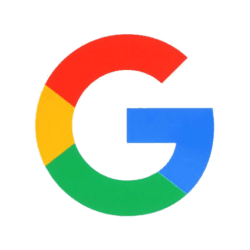
Operating a restaurant and bar is hard enough. It demands wearing many hats. Promotions and marketing is not one of them any longer since we…









Can not recommend this team enough. What started as a one-time website re-design has evolved into Paradux handling the vast majority of our marketing. Business…









We would not be able to run as smoothing, quickly, or efficiently if it was not for Paradux Media Group. Tisha and team is hands…









Recently, I had the opportunity to work with Paradux Media on a website build, and I just couldn’t have been happier with the process and…









Mike and his team are well known within the region and marketing community as an insightful industry leader. If you are looking for a Marketing…









Paradux Media is a very professional group, and they know what they’re doing. Whether they are placing buys for clients, or producing high-quality TV spots,…









Paradux helped build my business in all capacities. Without them, I would never have had the resources and ability to get so much accomplished –…









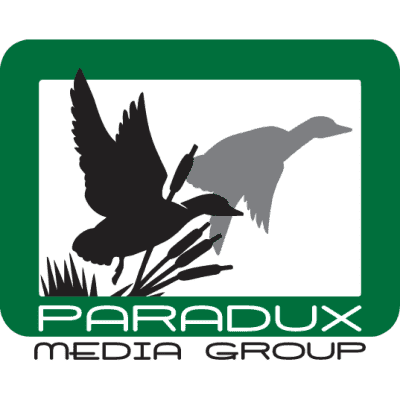
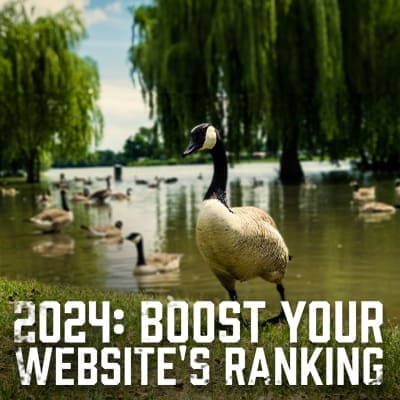 Easy SEO Tips for 2024 to Optimize Your Web Page Structure
Easy SEO Tips for 2024 to Optimize Your Web Page Structure
